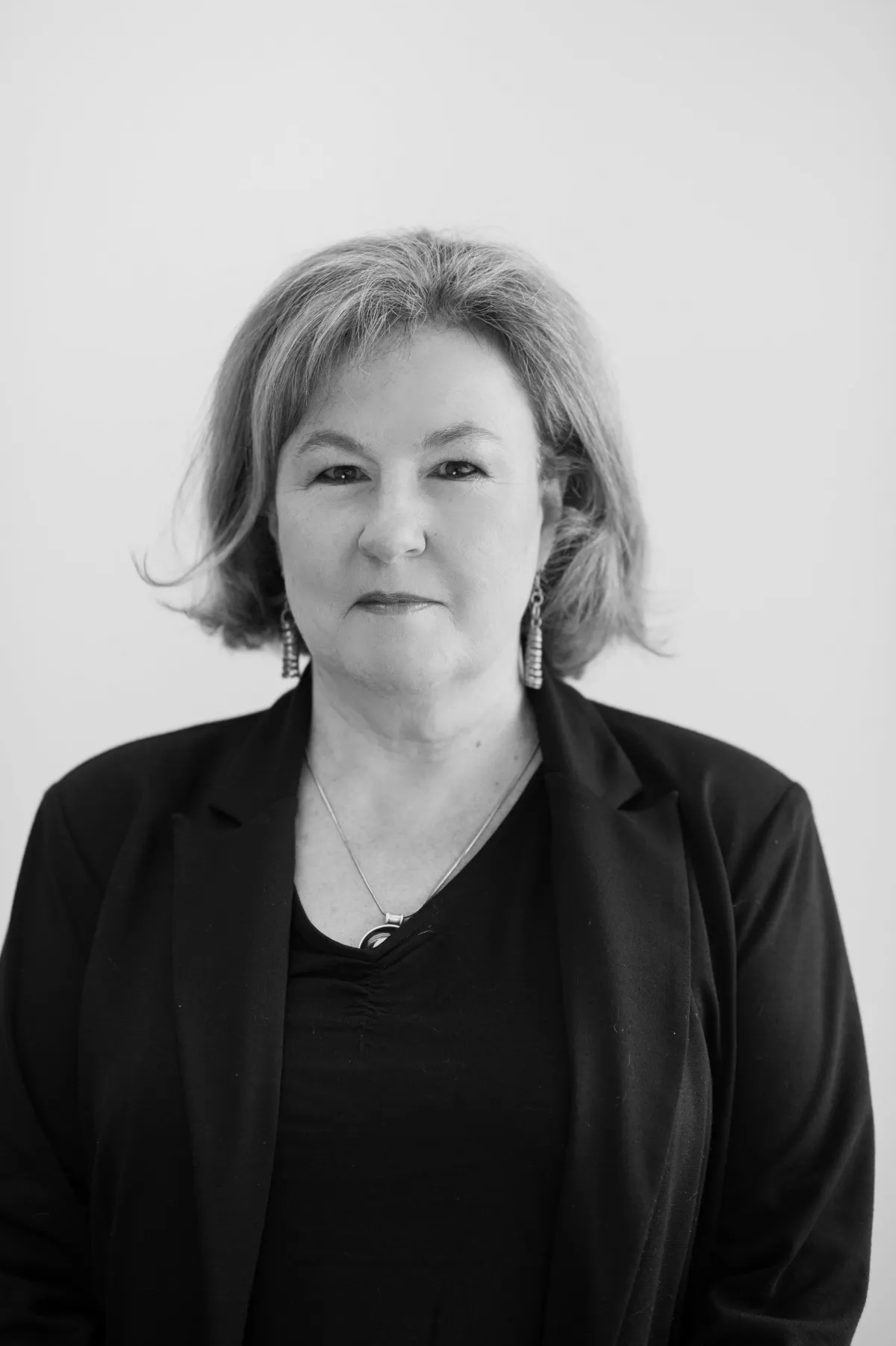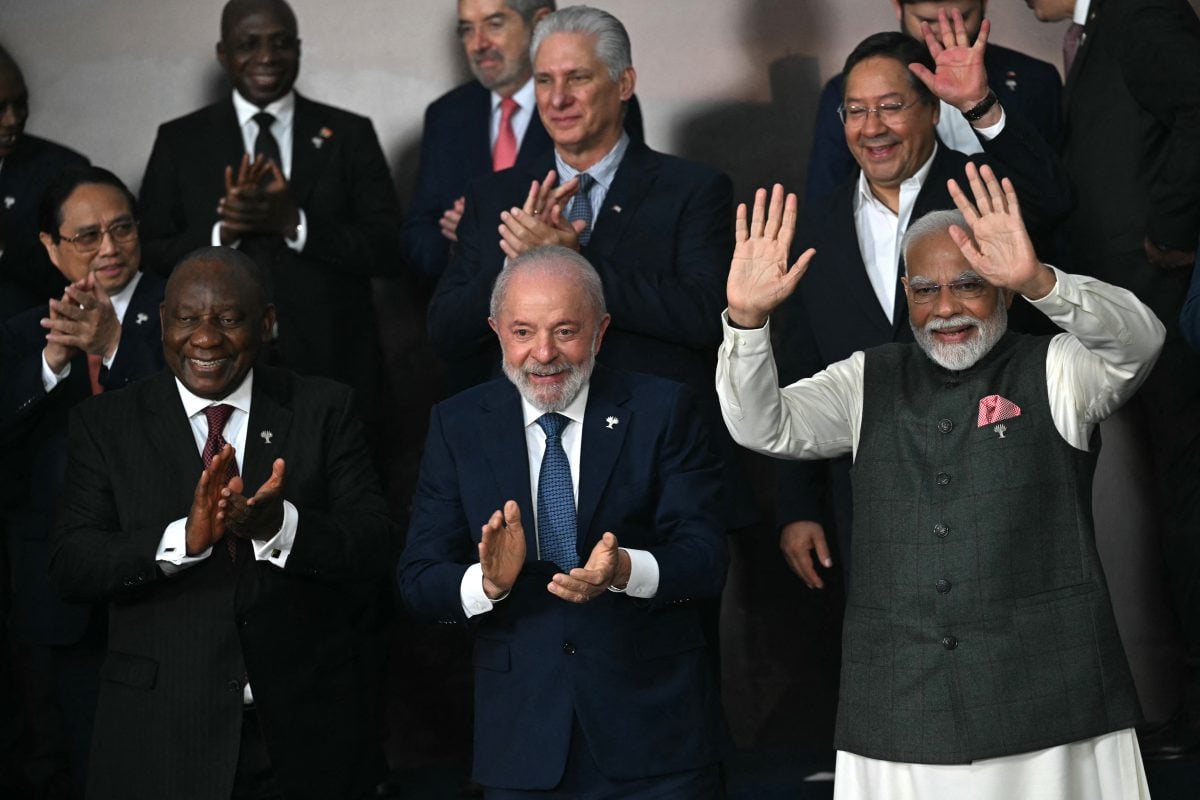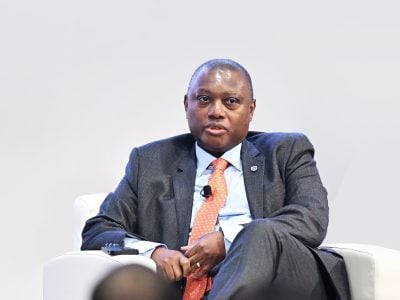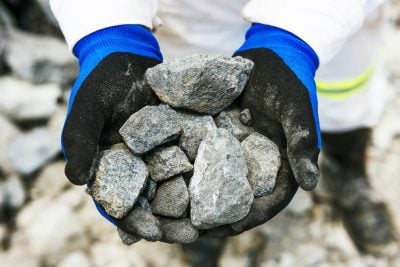The hosting of high-powered events in South Africa over the year and the B20 and G20 events during November have shone a spotlight on the opportunities the country offers and helped to position the nation as a world-class destination.
Neville Matjie, CEO of Brand South Africa, says the country’s coffers have been boosted and tourism numbers have jumped in the wake of the recent events in the country.
“The Americas have performed strongly, and the Middle East has shown the biggest jump at 58%.”
He said affordability, product and diversity are key drawcards. “Once visitors arrive, they realise South Africa is very affordable. They come intending to stay two or three days, and suddenly they’re adding Durban, Cape Town, and more experiences. The lived experience becomes a ‘wow’ moment, and they want to return with family and friends.”
G20 success dispels false narratives about South Africa
The G20 summit had helped to dispel misinformation about the country put out by the US and it had significantly strengthened South Africa’s brand reputation. In fact, the current geopolitical tensions have barely affected the country.
“The G20 Summit couldn’t have come at a better time. What the world has seen here dispelled a lot of the disinformation that had been circulated.
“International partners know the real South Africa, a country shaped by reconciliation, progress and unity, not the distorted narratives some try to push. Being here with hundreds of international journalists allowed them to see the truth for themselves.”
Matjie says it was the intention all along to pull the continent along during the G20 presidency.
“The most critical point from the time we took over the G20 presidency has been that while the event is hosted in South Africa, it must also resonate in Africa, create impetus for the outlook of the continent and back up the African Continental Free Trade Area.
“We are really trying to rebuild intra-African trade, which is very key and critical for us.”
Big boost for tourism and investment
“For Destination South Africa, we have been able to show off the strength of our infrastructure, the strength of our financial systems, the strength of our regulatory processes and how this has improved over the years to make it easy for business here.”
Tourism has also benefited handsomely. “We have attracted additional investment this year even without running our annual investment conference so that has been postponed to next year. And this has happened even amidst the geopolitics, which has not actually impacted us negatively at all.
“In fact, most of the international destination markets and countries have been supportive of South Africa.”
Speaking about the B20, the business-driven process on the sidelines of the G20, Matjie said the various task forces had really shown the quality of business leadership in South Africa, with discussions showcasing the strength of African business. “That’s been very encouraging.”
It had also generated a lot of new interest in opportunities in South Africa, and in other parts of the continent.
Agenda supported African priorities
Matjie outlined the four priority areas government had put in place for the G20. The first related to strengthening disaster resilience and responses in the wake of climate change and associated natural disasters.
“The one in 50 incidences is becoming one in 10 and even one in five. Durban is able to recover relatively quickly, but if a disaster hits a Mombasa, or any other destination within the African continent, will they be able to recover that quickly? The whole issue around disaster recovery is very, very important for us at the back end of climate change.”
The just energy transition is another government priority, with major investments being made in South Africa’s various generation sources.
The third priority, he said, is access to capital and debt, especially for low-income countries. “This is obviously very important from an African perspective, particularly the way the cost of borrowing is weighted against us compared to other nations.”
“The fourth area has been around our critical minerals, specifically focusing on value addition.”
“From a localisation perspective, we’ve been putting policies in place without restricting trade, but we have to protect our own natural resources. Instead of importing the finished products, we must make sure those are actually beneficiated in South Africa.”
Mining, automotive, tourism driving South Africa’s economy
Matjie said the mining sector remains a valuable contributor to the economy. “It’s been a good year, and the sector has really helped to boost the Treasury. This has also contributed to our recent ratings upgrade (from S & P). So mining is a very valuable sector for the South Africa brand.”
He said the automotive sector is also a critical one. “This sector has really done well in South Africa with a lot of OEMs setting up here and Chinese manufacturers coming in.’
He mentioned Chinese automotive company Beijing Automotive Industry Holding Company (BAIC), which has built a manufacturing and assembly plant in the Eastern Cape, and BYD, one of the world’s leading producers of new energy vehicles, exploring opportunities in Gauteng.
Tourism, too, is a big success story for South Africa, he said, with tourism infrastructure being critical to attracting tourists. “Tourists will come if there’s the infrastructure in place supporting the attractions, and packages they can buy into.”
He mentioned the new Club Med investment in KwaZulu-Natal, which is the first in Southern Africa.
There are other fast-growing sectors. One is chemicals, which includes pharmaceuticals and medical equipment supplies and another is renewable energy, from green hydrogen projects to solar power.
Rising foreign and domestic investment
Asked about the investor appetite for South Africa, Matjie cited the regular global reputation study done by the government, which tracks investments. It has shown positive growth over the past three years, with the only dip in recent times being a result of the COVID-19 pandemic.
This reflects not only rising foreign investment but domestic investment, he said. “The same amount of energy that is given to a foreign investor also applies to a domestic investor.
“They are important because they are often longer stayers and it is easier to secure them because they’re at home. They understand the process and the market. But the ease of doing business must apply across the board.”
Matjie shared some insights about what South Africa has learned from organising the B20 and G20 meetings.
“We found that the geopolitics has brought us even closer to all our other partners within the G20. I’ve had the privilege of accompanying the president on a number of state visits to G20 partners and others outside the bloc.
“Everyone, from the partners, the private sector and even people on the street have been extremely positive about South Africa. So it has been a big plus for us to host this.”
“What the G20 has done is it has propelled those that had an interest in South Africa to move quicker. Most heads of state coming here came with a business delegation, which is why the B20 was held so close to the leaders’ summit.
“Almost every day around these events I’ve been attending country presentations led by the business community, looking at opportunities here in South Africa, as well as opportunities in their own destinations and two-way trade. So the effect has definitely been positive.
Geopolitics has forced us to really get closer to our partners not just in the G20 but also in BRICS, the European Union and others. If we don’t, and if we keep our eggs in one basket, we may find ourselves being burned fairly quickly.
“But if we diversify our export markets and our investors, we are more likely to survive any storm that may come our way.”
The president, he said, had been clear about deliverables and putting in place timelines to keep things on track and to drive collaboration with the private sector.
Reshaping the narrative about South Africa
What now for South Africa? “We are moving forward now to the World Economic Forum meeting that is a regular event on our calendar. We’ve taken a strategic decision that we want to expand our reach so we will, as well as Davos, include in our package the other sessions that the WEF hosts in other parts of the world.”
He said another strategic project that Brand South Africa will be driving is South Africa’s presidency of the Southern African Development Community (SADC) in 2026.
Brand South Africa needs to respond to “business unusual” in repositioning the country. “We have to have a new outlook. It’s not business as usual anymore. It is business unusual in terms of how we position the brand internationally.”
“We also want to drive a more positive narrative domestically as well because the most critical people about a country are the local citizens.”
“Post-G20, we cannot put a full stop. We must continue using this momentum to tell the real story of South Africa, because the world is listening and they like what they see.”

 Sign in with Google
Sign in with Google 



